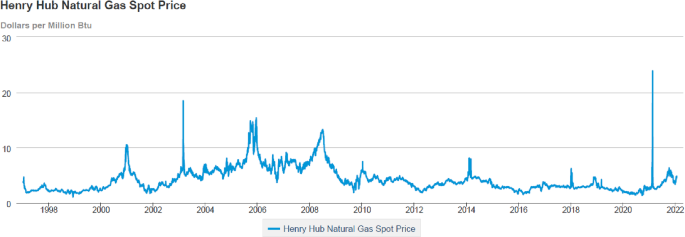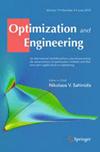Optimal control of combined heat and power station operation
IF 1.7
3区 工程技术
Q2 ENGINEERING, MULTIDISCIPLINARY
引用次数: 0
Abstract
Abstract Combined heat and power stations have become one of the most utilized units of district heating systems. These stations usually contain several boilers for burning fossil fuels and renewable resources used for heating up steam, which can be used either for residential and commercial heating or electricity generation. To ensure efficiency, a boiler should either run continuously (for at least a given period) on a power output higher than a given threshold or switch off. The optimal control of the plant operations should combine an efficient setup for the turbine and boilers in operation, reflecting the demand for steam and the price of electricity, and a schedule that describes which boilers should be in operation at a given time. This paper proposes a method for optimal control of combined heat and power station operation for a given time horizon. The method is based on a two-level approach. The lower-level models correspond to finding the optimal setup of the combined heat and power station parameters for an hourly demand for different kinds of steam. The upper-level model corresponds to the optimal schedule of the operations of the individual boilers, which is planned for the entire time horizon. The lower-level model is modeled as a mixed-integer linear programming problem and is solved using parametric programming. A dynamic programming algorithm solves the upper-level model with a rolling horizon. The validity of the proposed method and its computational complexity for different granularity of the time horizon, different ranges of the parameters, varying demand for various kinds of steam, and varying electricity prices are investigated in a case study. The presented approach can be readily applied to other control problems with a similar structure.

热电联产运行优化控制
摘要热电联产已成为区域供热系统中利用最多的机组之一。这些站通常包含几个锅炉,用于燃烧化石燃料和可再生资源,用于加热蒸汽,可用于住宅和商业供暖或发电。为了确保效率,锅炉要么在高于给定阈值的功率输出上连续运行(至少在给定的时间内),要么关闭。电厂运行的最优控制应该结合运行中的汽轮机和锅炉的有效设置,反映蒸汽需求和电力价格,以及描述在给定时间哪些锅炉应该运行的计划。提出了一种给定时间范围内热电联产运行的最优控制方法。该方法基于两层方法。下层模型对应于寻找每小时不同类型蒸汽需求的热电联产参数的最佳设置。上层模型对应于各个锅炉的最优运行计划,该计划是在整个时间范围内进行的。将底层模型建模为一个混合整数线性规划问题,并采用参数规划方法求解。采用动态规划算法求解具有滚动地平线的上层模型。通过算例研究了该方法在不同时间范围粒度、不同参数范围、不同蒸汽需求量和不同电价条件下的有效性和计算复杂度。所提出的方法可以很容易地应用于具有类似结构的其他控制问题。
本文章由计算机程序翻译,如有差异,请以英文原文为准。
求助全文
约1分钟内获得全文
求助全文
来源期刊

Optimization and Engineering
工程技术-工程:综合
CiteScore
4.80
自引率
14.30%
发文量
73
审稿时长
>12 weeks
期刊介绍:
Optimization and Engineering is a multidisciplinary journal; its primary goal is to promote the application of optimization methods in the general area of engineering sciences. We expect submissions to OPTE not only to make a significant optimization contribution but also to impact a specific engineering application.
Topics of Interest:
-Optimization: All methods and algorithms of mathematical optimization, including blackbox and derivative-free optimization, continuous optimization, discrete optimization, global optimization, linear and conic optimization, multiobjective optimization, PDE-constrained optimization & control, and stochastic optimization. Numerical and implementation issues, optimization software, benchmarking, and case studies.
-Engineering Sciences: Aerospace engineering, biomedical engineering, chemical & process engineering, civil, environmental, & architectural engineering, electrical engineering, financial engineering, geosciences, healthcare engineering, industrial & systems engineering, mechanical engineering & MDO, and robotics.
 求助内容:
求助内容: 应助结果提醒方式:
应助结果提醒方式:


